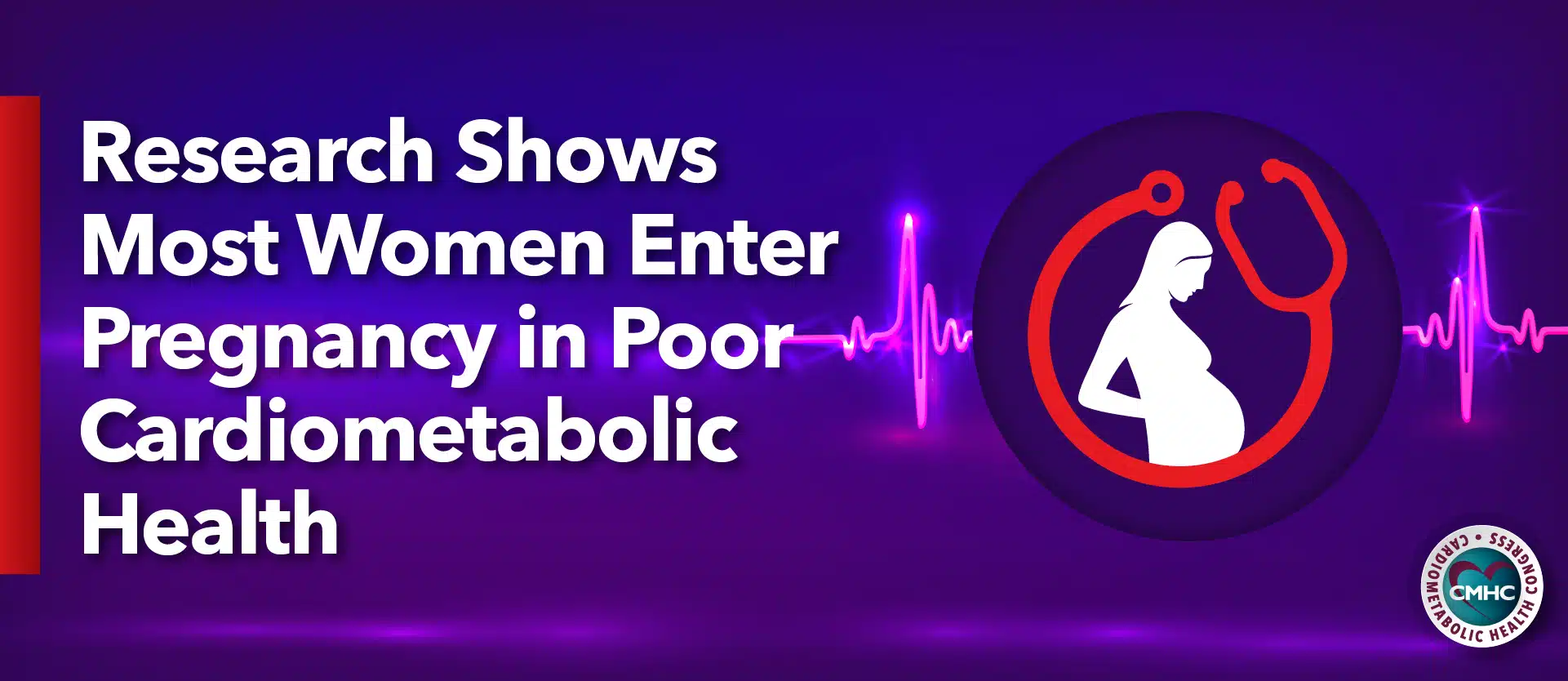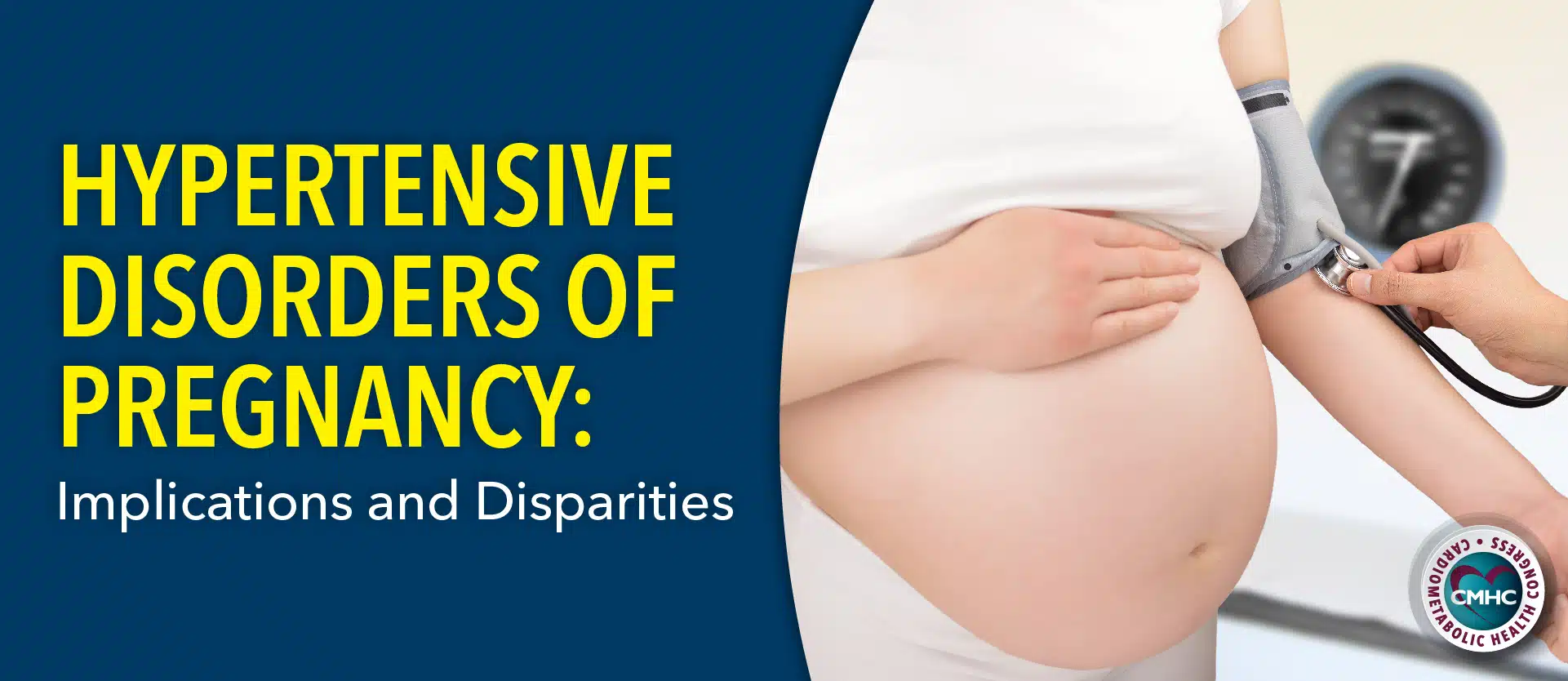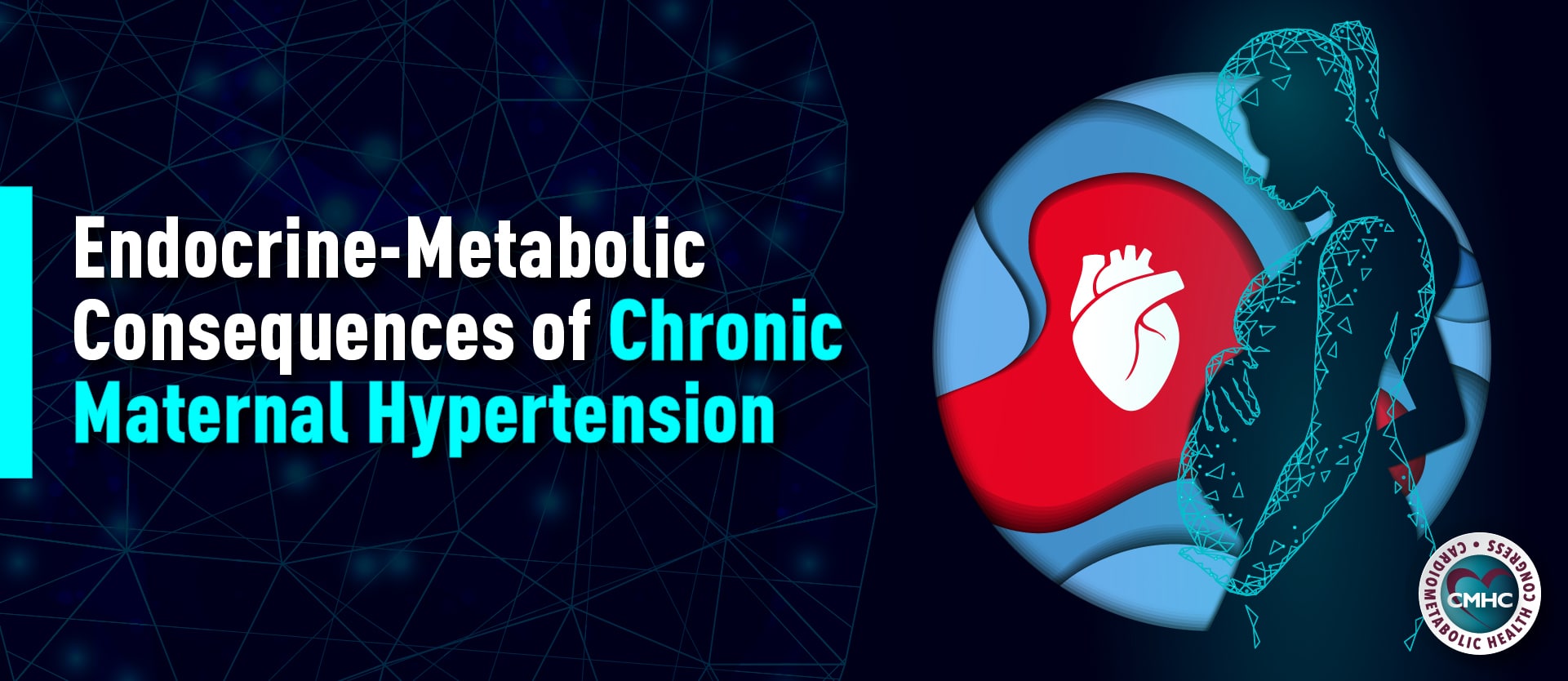According to a joint statement issued Monday by the American Heart Association and the American College of Cardiology, nearly half of all adult Americans will be considered to have high blood pressure under new guidelines. “The numbers are scary,” said Dr. Robert M. Carey, professor of medicine at the University of Virginia and co-chair of the committee that formulated the new guidelines.
The nation’s leading heart experts state that tens of millions more Americans will now meet criteria for the condition of high blood pressure, as the redefinition is now a reading of 130 over 80, down from 140 over 90. The number of adults with high blood pressure, or hypertension, will rise to 103 million from 72 million under the previous standards—meaning that 46% of U.S. adults will be considered hypertensive.
Carey states that the reformulation stems from the recognition that blood pressure considered ‘normal’ in the past—or ‘pre-hypertensive’—actually placed patients at significant risk for heart disease and death and disability, as medical evidence confirms that people with high blood pressure in the 130-139 range carry a doubled risk of heart attack, stroke, and heart and kidney failure. “The risk hasn’t changed. What’s changed is our recognition of the risk.”
Nevertheless, the report’s authors predict that few of those who fall into the new hypertensive category will require medication. Rather, the hope is that many with early stages of the condition will address it through lifestyle changes, including weight loss, diet improvements, increased physical activity, less alcohol and sodium consumption, and lowered stress. “An important cornerstone of these new guidelines is a strong emphasis on lifestyle changes as the first line of therapy. There is an opportunity to reduce risk without necessarily imposing medications,” said Richard Chazal, the immediate past president of the American College of Cardiology.
High blood pressure is the leading cause of death worldwide, and the second-leading cause of preventable death in the United States, after cigarette smoking. Hypertension is often a precursor for cardiovascular disease, strokes, severe kidney disease, and other disorders that kill millions annually. Thomas R. Frieden, the former director of the U.S. Centers for Disease Control and Prevention who now runs a global health initiative that focuses on heart disease and stroke, has called hypertension “the world’s most under-addressed preventable health problem.”

















